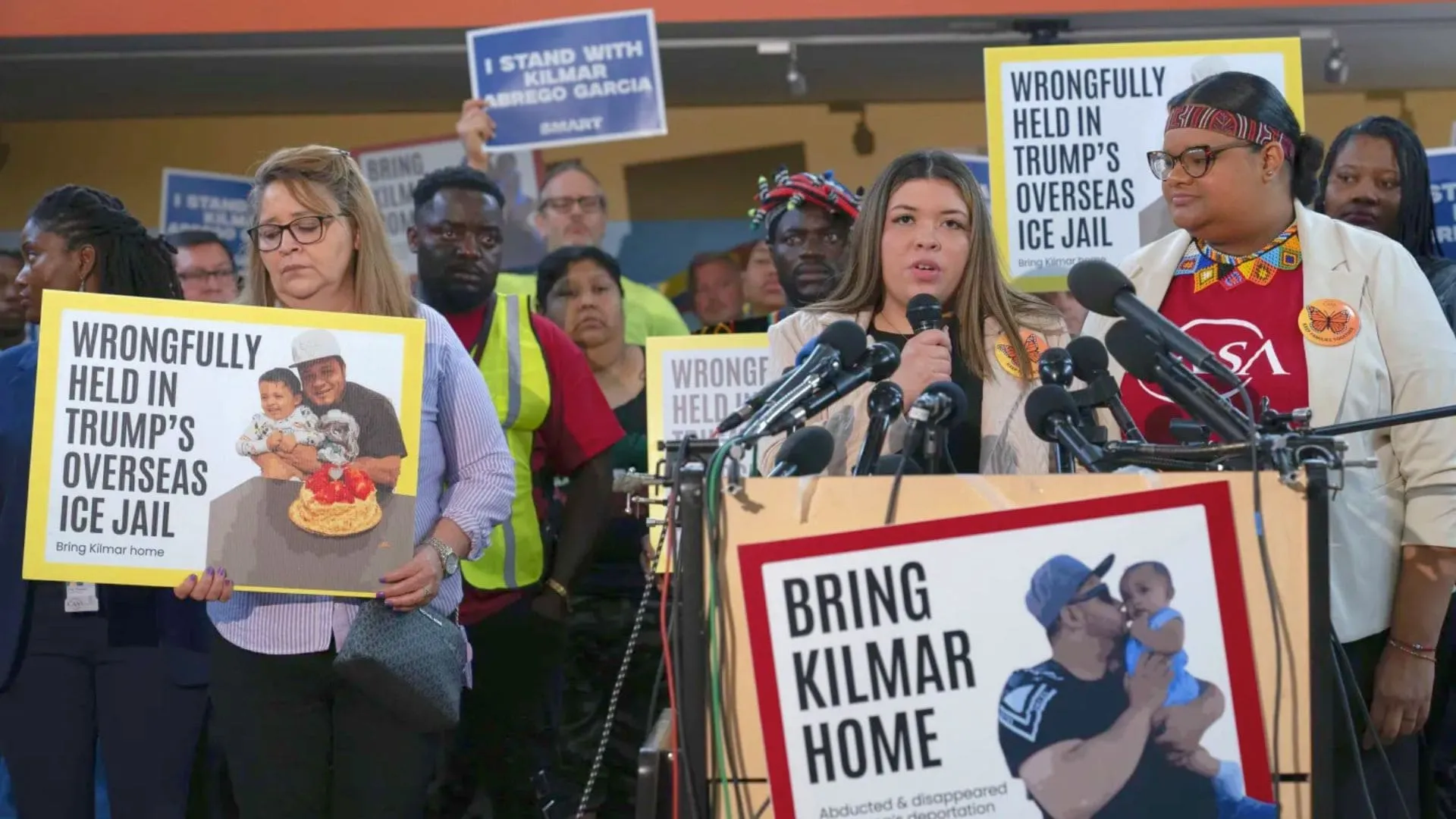In a deportation mistake, the US government inappropriately deported Kilmar Abrego García—a Maryland resident with legal status—to El Salvador, in defiance of a federal court order. He is now confined in a high-security prison operated by the Salvadoran government. The US Supreme Court has since directed his return. But the Trump administration continues to refuse to say what it is doing. Legal experts say this case is not just an error—it is a demonstration of how the administration is disregarding the courts and eroding fundamental legal rights. The repercussions are becoming more vocal as lawmakers, human rights organizations, and García’s family call for answers.
Court Orders Ignored, Judge Demands Answers
The case reached a boiling point in federal court last week. Judge Paula Xinis posed a simple question: “Where is he, and under whose authority?” The administration’s answer was unclear. On Friday, a White House legal representative confirmed García’s whereabouts—he is being held in El Salvador’s Terrorism Confinement Center. But the filing evaded the judge’s main demand: a specific timeline and plan to return him.
Family Left in Limbo
The human toll is dire. García’s wife, US citizen Jennifer Vásquez Sura, hasn’t spoken to him since his deportation on March 15. She still protests outside the courthouse. Their five-year-old son is specially abled. García, who worked legally in the US since 2019, had no criminal record. ICE agents deported him anyway, based on alleged gang affiliations they never established.
Legal, Political Backlash Grows
The Supreme Court supported a decision preventing García’s removal. The Trump administration ignored it, however. Now critics refer to this as a constitutional crisis. Rights groups explain the case illustrates how Trump’s immigration enforcement tends to negate legal checks all too often. Members of Congress have also started calling for investigations into why the error occurred—and why the government has not yet corrected it.























